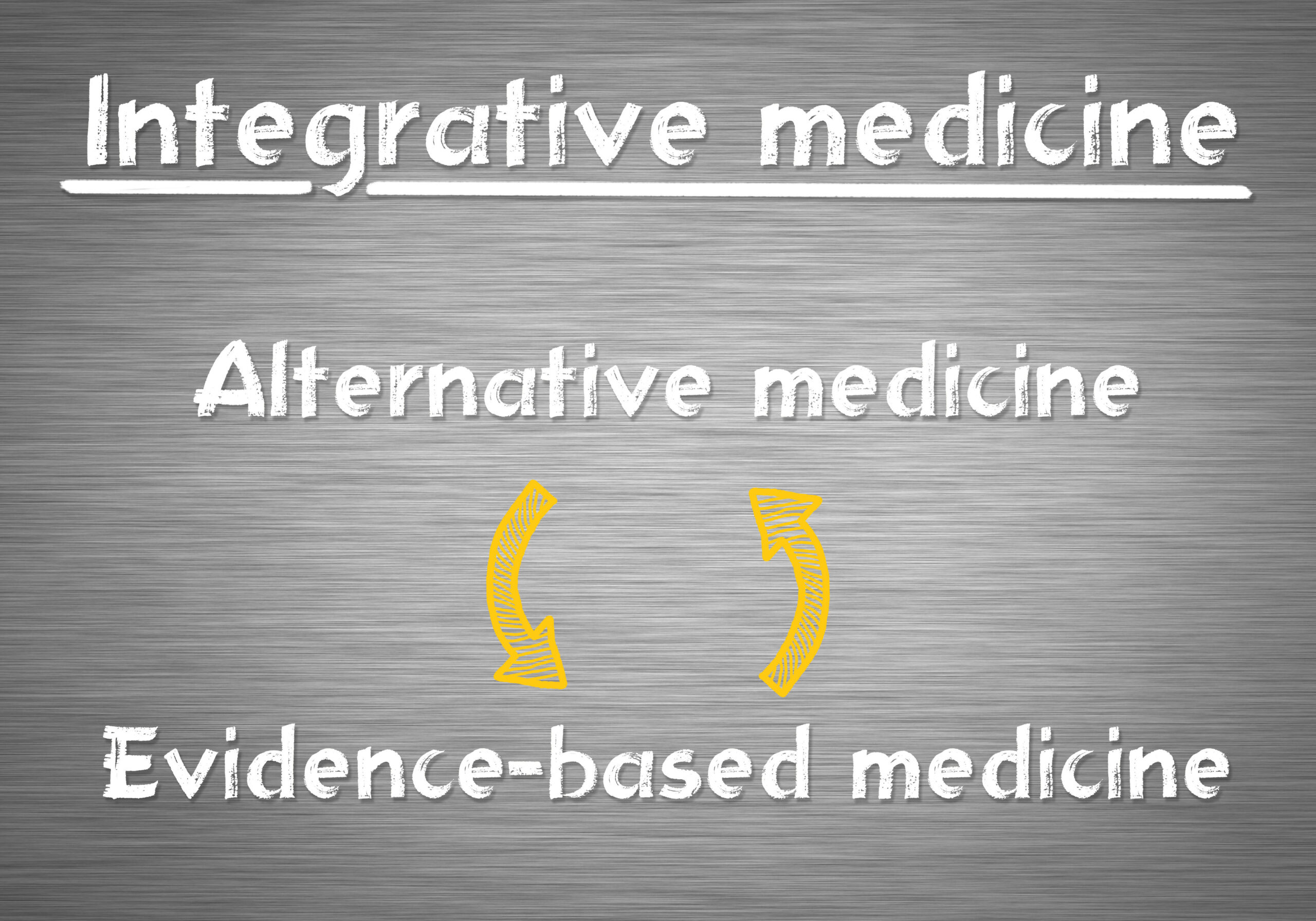The robustness of the scientific studies around the benefits of Medical Cannabis is one of the factors driving the medical community to prescribe cannabinoid derivatives. However, although many physicians are already open to this therapeutic tool, few know in depth about the therapeutic properties of Cannabis,the possible adverse effects involved in this type of treatment and the most appropriate prescriptive strategies.
The search for knowledge, therefore, is fundamental for a context of safe, assertive, and effective prescriptions. In Brazil, after the Resolution 327 of 2019 of the Brazilian Health Surveillance Agency (Anvisa) – which regulated the procedures necessary for the manufacture and commercialization of cannabis products in the country – more and more physicians are seeking adequate training in the area..
In this content, we will tell you more about this scenario and how you can prepare for the Medicine of the future, incorporating this vast therapeutic arsenal into its prescriptive practice to transform the lives of patients in different clinical pictures.
Demand for medical cannabis increasing in Brazil and worldwide
The recreational and medicinal use of cannabis is already authorized in more than 40 countriesHowever, there are big and relevant differences in these two ways of using the plant. The context of recreational use is what ends up generating certain myths and misinformation about the medicinal properties of phytocannabinoids.
The stigmas surrounding THC (tetrahydrocannabinol)for example, are one of the factors that make the population – and often even physicians – wary of this type of prescription. But in a medicinal context, psychotoxic reactions and other serious side effects from this molecule are very rare.
In addition, this phytocannabinoid has unique therapy attributes in certain clinical contexts, namely chronic pain, in particular neuropathic pain, spasticity, dementia, sleep disorders and appetite disorders.
The advances around the legalization of the medicinal use of cannabis and the in-depth knowledge about the main phytocannabinoids – such as CBD and THC – have pushed the medical community to prescribe these substances. This bibliographical review synthesizes findings on the experiences, attitudes, and beliefs of physicians from different parts of the world regarding this therapeutic apparatus.
The review covers 21 papers from five countries in which laws on the medicinal use of cannabis vary. The results indicated that:
- 49% a 95% of the physicians in question received frequent questions from their patients about the medicinal use of the plant, and;
- between 10% e 95% of these physicians were willing to prescribe cannabinoid derivatives, but many of them highlighted the lack of appropriate technical knowledge as a barrier to prescribing.
>> You can check out the full paper here: Physicians’ experiences, attitudes, and beliefs towards medical cannabis: a systematic literature review.
In Brazil, the demand for medical cannabis has been increasing exponentially, especially after the Resolution 327 of Anvisa. From January to November 2021, the agency registered 33.793 requests for importation of cannabis-based products. In 2020, there were a total of 19.120 requests.
The high demand from patients puts pressure on the medical community to prepare for this scenario. To get an idea, until 2015 there were 321 medical professionals registered by Anvisa to prescribe cannabis-based medicines. Currently, there are 2,100 prescribers, which represents a growth of 554.2%.
Proportionally, however, this number is still not very significant, given that, of the 502.475 physicians working in Brazil, those who prescribe cannabis-based medicines are only 0,42%The robustness of scientific studies in the area has contributed to combat misinformation and demystify the stigmas around the medicinal use of this plant, making more and more doctors want to expand their therapeutic arsenal with this tool.
How to prepare for a cannabis prescription?
Although there is numerous scientific evidence as to the attributes of medical Cannabis, safe and assertive prescriptive practice requires that medical professionals have qualified education in the area. As this knowledge is not yet widely taught in medical schools, residencies, and medical specialties, it is up to the professional to seek adequate training with experts who already have extensive prescriptive experience.
The individualization of treatments is key to successful prescriptions. It is necessary to consider the particularities of each clinical picture, as well as the patient’s history and other treatments already performed, in order to make an assertive prescription, which optimizes therapeutic results and inhibits possible adverse effects..
In this regard, it is essential to have a specialized update in the area, especially because new scientific evidence is emerging every day about the potential of cannabinoids and other chemical elements of the plant to treat various diseases. Without this knowledge, the physician hardly feels safe and prepared to prescribe and follow patients in regular use of this therapeutic tool.
The WeCann Academy is committed to your learning journey, we connect experts from around the world in a global Endocannabinoid System study community to link scientific knowledge and practical experience in the medicinal use of cannabis.
Do you want to join our community? Contact us and get ready to transform your patients’ results!




